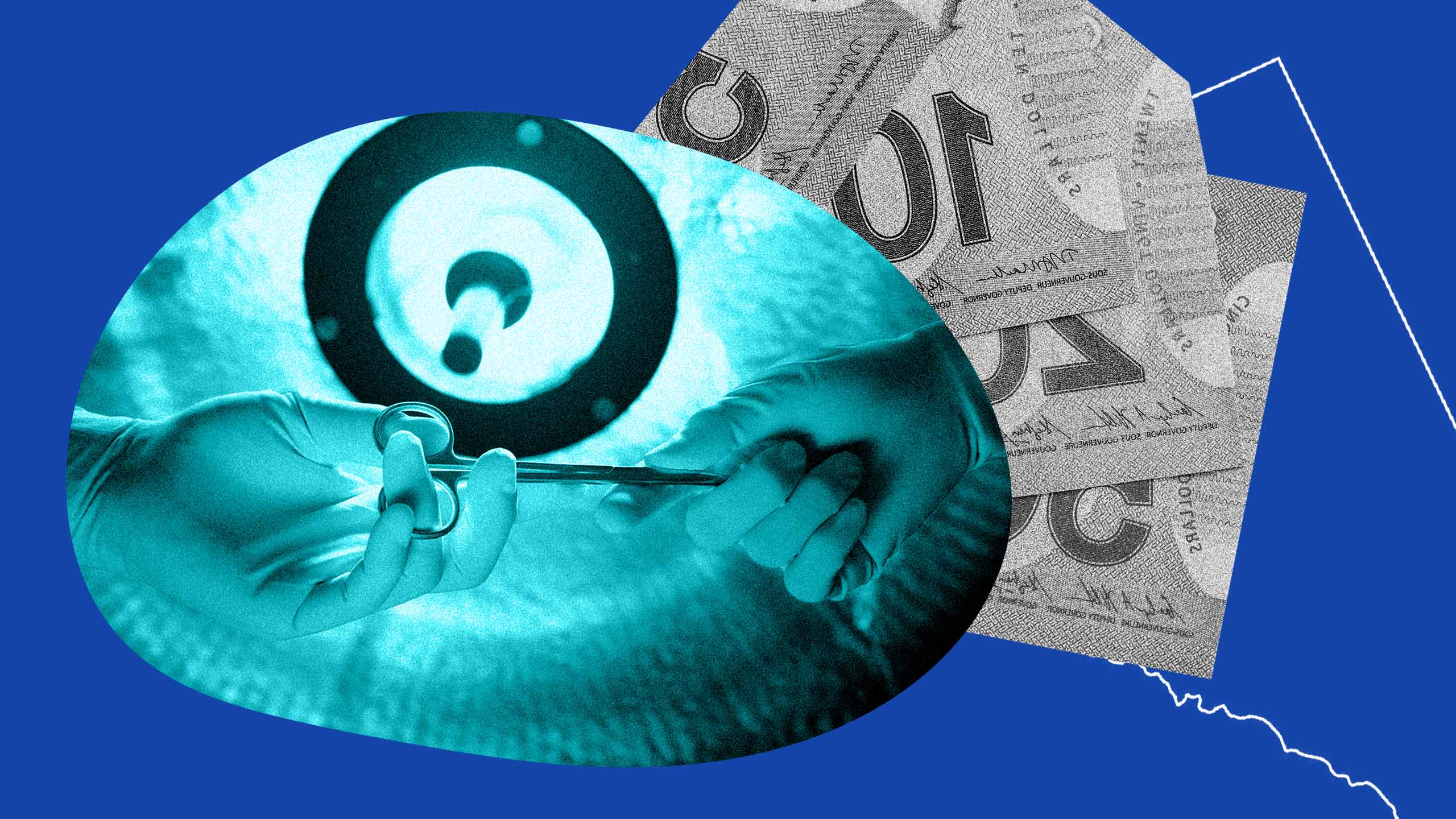Trans people in Alberta currently have two less-than-ideal options when it comes to gender-affirming genital surgeries: go on a four-year wait-list for surgery paid for by the Alberta government, or look for other treatment from a pool of limited, expensive options that could cost over $20,000, if they’re willing to pay out of pocket.
But advocates and trans people in Alberta are pushing for this to change. Donna Battaglia, a 54-year-old trans woman living in Alberta, recalled to CBC that after getting the green light from two psychologists, she found herself waiting for years to get bottom surgery—something that severely negatively impacted her mental health.
“For myself and most of the other people I know, this is something that we needed to do or we were going to be dead,” she told the broadcaster. “I came close to suicide twice over it.”
Despite the fact that there are doctors in Alberta who can perform gender-affirming genital surgeries, the province continues to have long wait times due to the fact that it doesn’t fund these surgeries when obtained within the province, or have clinics that specialize in it.
Scott Johnston, a spokesperson for Alberta Health, told CBC that bottom surgery is “a specialized field and there are very few surgeons in Canada who perform this procedure.”
This may stem from the lack of available training that doctors can receive in Alberta. Cathy Flood, an Edmonton-based urogynecologist who specializes in bottom surgery recovery, told CBC that the Centre Métropolitain de Chirurgie—the private hospital in Montreal that performs bottom surgeries for patients from a variety of provinces, Alberta included—does not teach surgeons how to perform bottom surgery, meaning that they need to travel internationally to learn how to do it. This isn’t for a lack of demand: Flood said that since 2018, her clinic had seen over 300 Alberta patients who had bottom surgery in Montreal, and said that those bottom surgeries could have been performed in Alberta.
“I think a lot of it is that there’s just not the initiative, and we would be ready to start training tomorrow if we got the okay,” Flood said, discussing the lack of training. She also called for there to be specialized clinics in Alberta to perform bottom surgeries.
“I feel like we could get a program going. We have the interest, we have the surgeons,” Flood said of the possibility of specialized clinics. “But there has not been a push to get it done here from what I can see.”
Right now, only Vancouver, Toronto and Montreal have clinics that specialize in gender-affirming lower surgery, with Montreal being the only one that accepts patients from out of province.
Battaglia didn’t end up getting bottom surgery in Montreal, though she was on the clinic’s wait-list. Battaglia needed to get surgery to remove her bladder and her scrotum after they were damaged by cancer treatments, and after she mentioned to her Alberta-based surgeon that she desperately wanted bottom surgery, he agreed to perform it along with the surgery for her cancer treatments.
“Before the surgery, my entire body and my entire being felt like I was made of barbed wire and I was trying not to get stabbed, hurt and poked by it all the time,” she said. “[After the surgery] I was blown away, I never thought I’d be able to feel so complete in my body.”


 Why you can trust Xtra
Why you can trust Xtra


